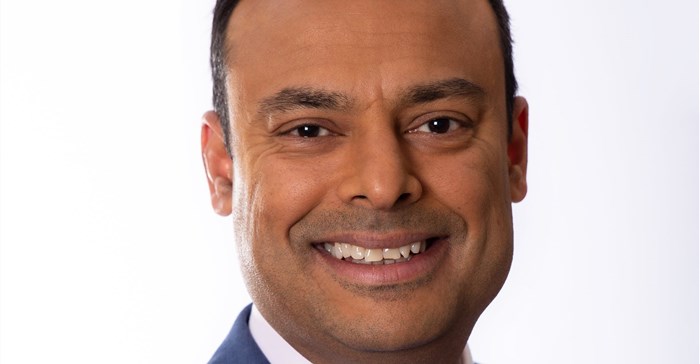Don't underestimate the value of an experienced financial partner

Not surprisingly, these outstanding prospects have caught the attention of international miners and investors, and Africa is again seeing a healthy inflow of equity from many parts of the developed world, particularly Australia and Europe. The positive knock-on effect of this inflow of equity is a significant increase in demand for debt finance. Perhaps unsurprisingly given the ongoing global political instability, this demand has been led to a large extent by the precious metals sector in recent months.
Of course, while the mining prospects in Africa are undoubtedly very positive across the continent, opening and operating a mine comes with a mixed bag of fairly unique risks. Apart from the well-documented challenges of doing any type of business in Africa, not least of which can be relatively fluid regulations, unpredictable cash flows, a lack of infrastructure, and the potential for corruption, mines in many parts of Africa also face a constant threat to their operations and sustainability from political violence, ethnic tensions, civil unrest and terrorist activities. These terrorism activities present very real challenges for mining exploration and development - a fact that was horrifically illustrated by the November 2019 attack on workers, suppliers and contractors of Canadian mining company Semafo in Burkina Faso in which 39 people lost their lives.
The risk of these types of violent attacks is very real across the continent. And recent global geopolitical tensions following the USA's killing of Iranian general Qassem Soleimani, are only adding fuel to the fire in Africa.
Apart from the obvious danger these violent activities present to employees of the mines operating on the continent, they also pose a significant threat to the sustainability of mining or exploration operations and overall business continuity. The resultant domino effect can extend to the full supply chains of the mines impacted, or even threatened, by such activities. But while most mines are able to take the necessary mitigating actions to protect their workers and limit the impact of violent actions, the potential negative impact of operational disruption can be more difficult to manage when it occurs at the level of the debt financier. Especially when such finance organisations have minimal knowledge of, or insight into, the challenges associated with the African mining landscape.
Alternative funders
Historically, this hasn't been a risk, as the vast majority of the debt funding required by participants in the mining industry was accessed through commercial banks, most of which had well-established track records. In recent years, however, many of these commercial banks have lost some of their lustre as debt financiers, primarily as a result of the far more onerous regulatory and financial protection requirements they are required to meet.
This has opened the door to a new generation of alternative finance solution providers that often offer faster access to finance because they and their mining clients don't have to jump through the same regulatory hoops. In most cases, the appeal of these alternative debt offerings is enhanced by the fact that the providers are willing and able to take more risk and, therefore, can often advance more debt funding than their commercial bank counterparts would be able to, needless to mention the severe risks associated with over-gearing mining projects. When commodity prices remain buoyant, risks associated with over gearing dissipates. However, when prices fall, the depth of experience of your funding partner becomes extremely relevant.
In many cases, these alternative finance solutions are significantly more expensive. But that's a trade-off that many mining companies are prepared to make, given the need to move quickly so as to not miss out on the African mining opportunities they have identified.
However, what many of these mining companies are overlooking in their haste to access funding, is the long-term importance of having a funding partner that fully understands the African landscape, and has the experience, capabilities, reach and value proposition to stay the course when the typical challenges and risks associated with doing business on the continent inevitably rear their heads. So, while paying more for funding in exchange for expediency may be acceptable for some mining organisations, choosing speed and ease of finance at the expense of a reliable partnership with a highly experienced, well-capitalised debt funder that has an established presence and verifiable track record in Africa, can end up being a very costly decision.
That's especially true if that mining company’s operations face risks as a result of unrest or geopolitical instability down the line. At such times, the value of having the backing and support of a funding partner that fully understands such risks, knows how to navigate them, and that has the financial strength and diversification to ensure they don't threaten its own survival as a financier, cannot be over-emphasised.
Ultimately, wherever in the world a mine intends operating, it will benefit enormously from the partnership of a financier that can provide proven, sustainable funding. But when that mine is located in Africa, the importance of having such a funding partner is massively intensified. And there is no substitute for the long-term value that can be unlocked by conservative, enduring, well-informed funding, delivered by an experienced finance provider who has a presence in Africa, understands its diverse challenges, and can help to fully unlock its opportunities.























